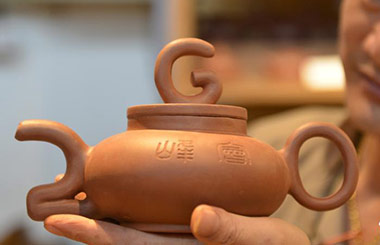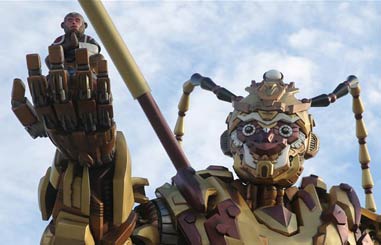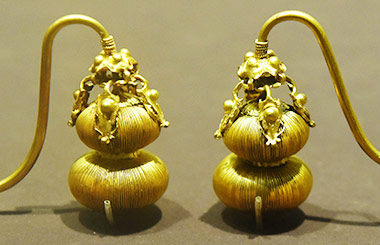Silence is loud
By Chen Yingqun ( China Daily ) Updated: 2012-12-31 10:18:52
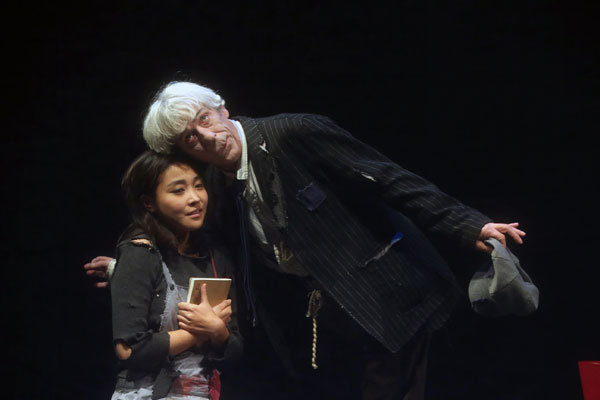 |
|
Students from the Central Academy of Drama join Bizot on stage for some of his performances at Penghao Theater in Beijing. |
Bizot's fascination with mime began when he was 8. He was later mentored and encouraged by Jean-Louis Barrault. At 18 he took to the stage for the first time to great acclaim, and at 20 he won the International Mime Golden Award.
As he travels, he observes people, watching their movements and recording interesting situations that can inspire him for a new performance.
Bizot is particularly happy to see people with speaking and hearing difficulties in his audiences. He studies their use of body language in different countries and adopts this into his work.
 |
For example, his mime for sun is taken from Indian sign language. He believes they have a profound understanding and appreciation of mime.
"People who have listening and speaking problems have the same rights to enjoy the charms of art," he says. "But there are not many theaters open to them, so I want them to feel the beauty of art in my theater."
His mimes include characters from all sections of society: the shy lover, the loving father, and the naughty student among them.
"My art comes from my audience, so I want to reward them 10 times over with my mime. I can be a man, a woman, a bird or a dog after I have dressed up. I become a mirror for people and reflect their feelings. No matter whether I'm in Africa or France, dressing up as a Chinese farmer or a Bolivian worker, sorrow and joy are universal for everyone," he says.
The veteran Chinese comedian Lai Xiaosheng says he has learned a lot from watching Bizot's work.
"His performances enlighten me about flaws in my own performances. For example, he stresses expression with his eyes, but when I perform, I sometimes avoid eye contact with the audience."
Bizot says that in one show there are about individual 15,000 scenes. If just one or two of these scenes fail, the show can fail, so extreme concentration is needed throughout a performance.
"The mime never pretends to do something. Instead he devotes his strength to serving the scene he is creating. If you want to tell the audience there is a cup in your hand, you have to feel that cup yourself."
When mime actors begin, they often panic and add unnecessary aspects to their performance, he says. A perfect mime is not acting, but transforming into the characters and living within their contexts. The secret to achieving that ability is constant practice, four or five hours a day.
"The play is life, so you don't act; you live in the life. You have to gradually adopt the images and characteristics of people's faces, hands and so on into your own mind."
|
 |
Zeng Nuola, 26, a movie director, says she admires Bizot's ability to express emotions without words.
"He has a very strong and special understanding of body language and silence, which is helpful for my own directing."
Apart from performing, Bizot has founded academies of mime in Bordeaux, Marseille, Bolivia, Lebanon, Pakistan and the US, which have taught thousands of students.
Between performances he has also found time to run several mime workshops in Beijing.
He You, 24, an architectural designer, found Bizot's workshop thought-provoking. "He attaches great importance to life and nature and encourages us to mimic and experience life."
Despite the passion that Bizot and his audience have for mime, it remains an art form that few practice. Bizot's ambition is to keep mime alive by forming a mime company with top performers from around the world.
Contact the writer at chenyingqun@chinadaily.com.cn.
|
|
|
|
|
|
|
|




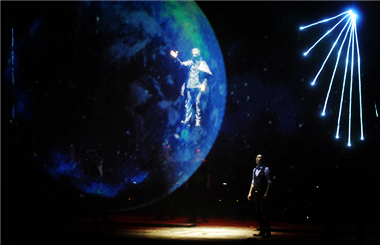
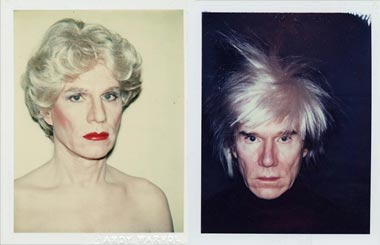

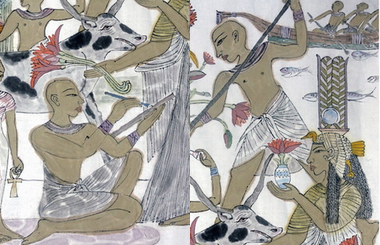















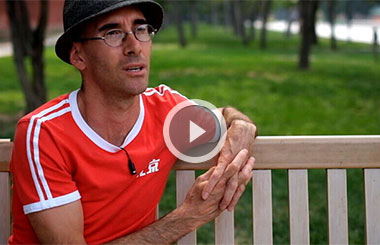
 Raymond Zhou:
Raymond Zhou: Pauline D Loh:
Pauline D Loh: Hot Pot
Hot Pot Eco China
Eco China China Dream
China Dream China Face
China Face
